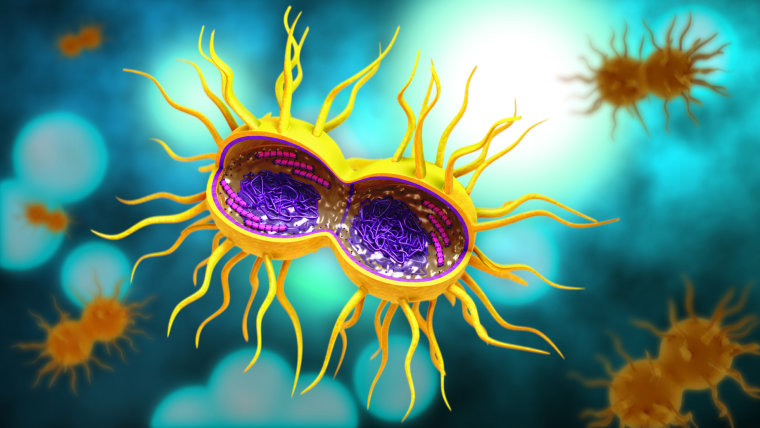Sexually transmitted diseases, also known as sexually transmitted infections or venereal diseases, are the ones that are passed from one person to another through sexual contact. It can occur through anal, vaginal, or oral sex. Many diseases fall into their category, and they are the most contagious ones.

A condom can help in preventing its spread. Apart from sexual contact, these diseases can also be contracted through breastfeeding and needle sharing. If you are having any of the following symptoms, visit a top sexologist in Islamabad.
Table of Contents
What Are The Signs and Symptoms of Sexually Transmitted Diseases?
Symptoms in Men
Sexually transmitted diseases may not show any signs and symptoms and may reside in your body for a long time. But some of them are:
Difficulty in urination
Pain in sex
Ulcers, sores or bumps around mouth, anal region, buttocks, penis or testicles
Inflammed testicles
Discharge from penis
Symptoms in Women
Sexually transmitted diseases may not show any signs and symptoms and may reside in your body for a long time. But some of them are:
Difficulty in urination
Pain in sex
Ulcers, sores or bumps around mouth, anal region, or buttocks
Itchy vagina
Bloody discharge from the vagina
What Are The Types of Sexually Transmitted Diseases?
The most common types of STDs are as following.
Chlamydia Infection
Chlamydia is a bacterial infection that can be treated with antibiotics. It may show symptoms of:
Green or yellow, pus-filled discharge from the vagina or penis
Pain or difficulty in passing urine
Pain or difficulty during sex
Pain or discomfort in the lower abdomen
If left untreated, chlamydia infections can cause many complications like infertility in both males and females. Moreover, it may cause infections of the testicles, prostate, or urethra. A pregnant woman having a chlamydia infection may pass it over to her child, which can cause pneumonia and blindness due to eye infections in the child.
Human Pappiloma Virus
Human Papillomavirus or HPV is a contagious infection that also spreads through direct skin contact with the infected area. It may occur as warts in the genital region, mouth, and throat.
Vaccinations are now available that can help in its prevention. Therefore, you must get your child vaccinated in their teen years. HPV infection can cause cancer of the cervix or penis. Therefore, women should get a regular screening of it through pap smear.
Syphilis
Syphilis is a bacterial infection that is highly contagious but painless. At first, it may not show any symptoms, but later on, it may represent as fever, hair loss, weight loss, fatigue, joint pain, and headache.
If left untreated, syphilis can result in vision loss, nerve damage, hearing loss, memory loss, heart diseases, spinal cord, and brain infections.
It is treatable with antibiotics. Pregnant women can pass it to their child that can cause vision loss and other life-threatening conditions in them.
HIV
The human immunodeficiency virus, also known as HIV causes a person’s immune system to deteriorate. At earlier stages, a person may have symptoms like flu, which include sore throat, chills, fever, swollen lymph nodes, and headache. It may recover, and the person may silently carry the virus in their body. At this stage, they can pass it to their partner through sexual contact.
By the passage of time, if not treated well, HIV can turn into AIDS. A person living with AIDS become susceptible to infections. In this condition, the person may have a variety of cancers and infections, that become life-threatening for them.

Gonorrhea
Gonorrhea, also known as the clap, is a bacterial infection that can be treated with antibiotics. Its symptoms are as follows.
Green or yellow pus discharge from the penis or vagina
Itching around penis or vagina
Pain in urination
Discomfort or pain during sex
A pregnant mother can pass it to her newborn child. In this case, the healthcare providers will go for a cesarean section to deliver the child.
Other Sexually Transmitted Diseases
Some other STDs include:
Pubic lice
Trichomoniasis
Herpes
Scabies
Granuloma inguinale
Lymphogranuloma venereum
Conclusion
The spread of sexually transmitted diseases can be prevented by using a condom during sex. Regular screening can also help in the early detection of the condition, which makes it easier to treat. If you are having itching, soreness, or redness around your genital area, visit a sexologist in Islamabad.
